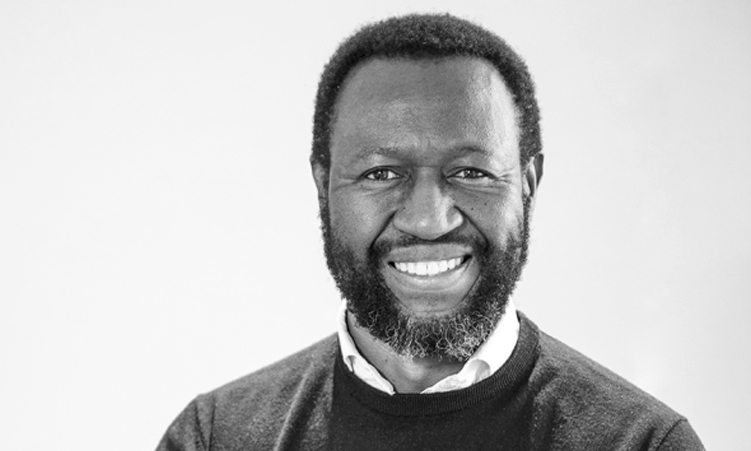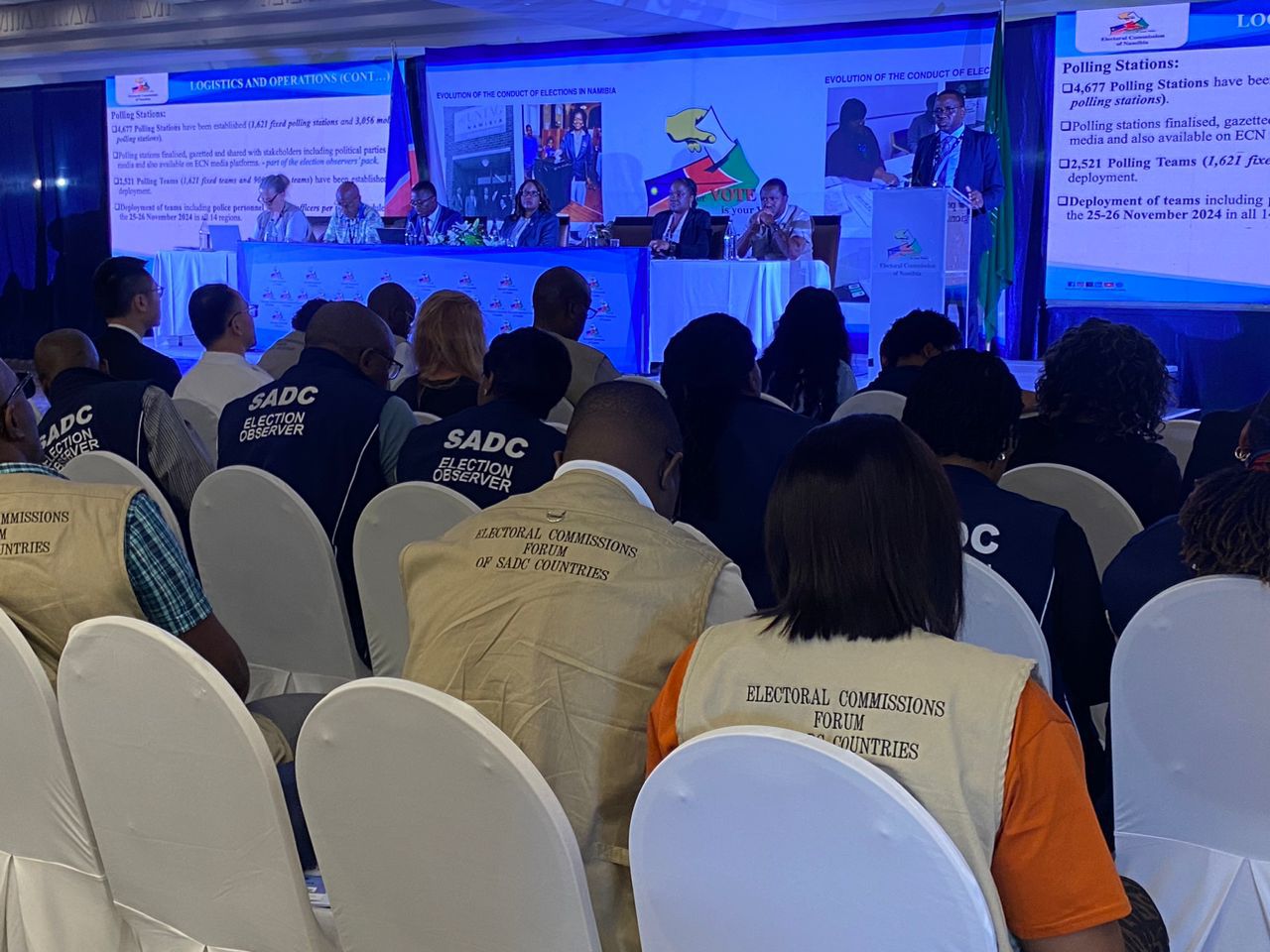While leading the world’s fourth largest economy, former German chancellor Angela Merkel lived modestly in a fourth floor apartment in Berlin.
She walked to get groceries at local shops and went to official meetings without a bevy of bodyguards and motorcades.
This should serve as a lesson in authentic leadership for African and other political leaders.
Merkel left office as one of the world’s most trusted, reliable and honest leaders.
In power, she was humble and showed a clear sense of purpose and fairness and strong moral, democratic values.
Her decisions were not based on trying to stay in power at any cost, as was shown by her decision to allow large numbers of migrants into Germany.
It unleashed a storm of criticism, including voters leaving her party.
When she became Germany’s first woman leader in 2005, she was publicly dismissed as supposedly lightweight, uncharismatic and unable to express herself clearly.
On the day she assumed office, the German newspaper Bild had a front page dismissively calling her “Miss Germany”.
At the start of her leadership, detractors in her own party sneeringly called her “das Mädchen” or “the girl”.
By the time she stepped down, however, she was referred to as “Mutti” – mother of the nation.
REDEFINING STRONG
Merkel redefined what is meant by strong – something African leaders and voters can especially learn from.
She tried to govern in the widest public interest, rather than party or self-interest or to stroke her ego.
For her, strong translated into caring and emphasising the wellbeing of ordinary citizens, partnerships and pragmatism.
She made decisions drawing on facts and reality, not wishful thinking.
Many African leaders often make critical decisions based on outdated ideology, wishful thinking, sheer fantasy and a lack of common sense.
As Merkel was not a big orator, nor known for making extravagant promises for the sake of getting votes, many critics labelled her boring and unglamorous.
She did not resort to telling her supporters what they wanted to hear, but eschewed “short-term popularity in the pursuit of lasting change”.
Nor did she rigidly stick to outdated ideology or archaic social or cultural beliefs she may have grown up with.
Rather, she emphasised modernising society, the economy and governance. She had the ability to adjust quickly to rapid change.
Merkel calmly and wisely steered Germany through the 2007-2008 global financial crisis, the eurozone sovereign debt crisis that peaked between 2010 and 2012, and Germany’s immigration crisis.
During the Covid-19 crisis, she showed a steady hand at the helm.
OPTIMISM AND DUTY
When the Leipzig Graduate School of Management awarded Merkel an honourary degree in 2019, International Monetary Fund managing director Christine Lagarde noted that Merkel had tackled many challenges “with an abiding sense of duty, with great humility and a profound optimism”.
Her leadership style was not based on victimhood, blaming the past for not acting responsibly in the present, or covering up her own shortcomings.
She took positions for the greater good of her country, even if her supporters, out of self-interest, opposed such positions.
She led by example. She did not see herself as above the law, above social conventions, or above moral values, as happens among some African and post-apartheid leaders.
Merkel rose to power as an outsider.
She grew up in communist East Germany and, after the collapse of the Berlin Wall, joined the Christian Democratic Union of Germany (CDU), founded in 1945 in then West Germany.
Although she joined the CDU relatively late and as a double outsider – from communist East Germany and as a woman – she rose to power in an era of hyper masculine politics.
She has a doctorate in quantum chemistry, not normally the springboard to political leadership.
BREAKING THE MOULD
A protégé of former chancellor Helmut Kohl, Merkel nonetheless wasted no time in publicly reprimanding Kohl and asking him to resign when he became embroiled in a corruption scandal.
In similar situations, many African leaders would have defended a “comrade”.
In Africa, including South Africa and Namibia, leaders often blame the past or those not part of their group for society’s ills and are doggedly supported.
We desperately need Merkel-like leaders.
Such leaders may not turn out to be great orators, may perhaps be boring, and may be uncharismatic, but are caring, inclusive and execute their mandate with a sense of public duty and purpose, and based on democratic values, honesty and inclusiveness.
Such a new breed of strong leaders, to paraphrase Merkel, should not embrace solutions based “on what has always been”, but by asking what “is possible and look for something that has never been done before”.
- * William Gumede is associate professor, School of Governance, University of the Witwatersrand; author of ‘Restless Nation: Making Sense of Troubled Times’
Stay informed with The Namibian – your source for credible journalism. Get in-depth reporting and opinions for
only N$85 a month. Invest in journalism, invest in democracy –
Subscribe Now!






